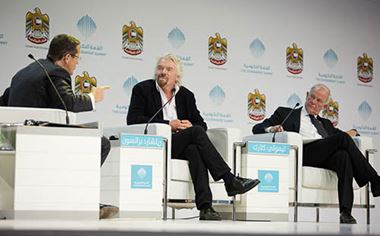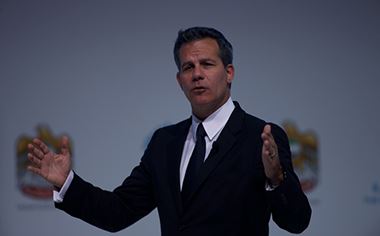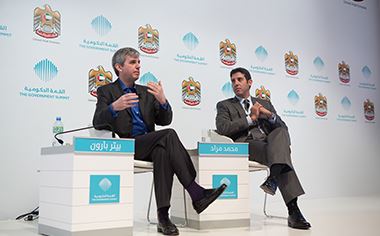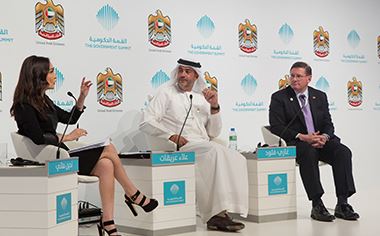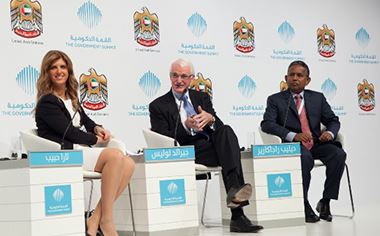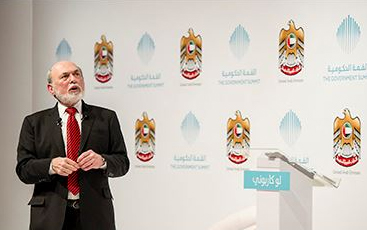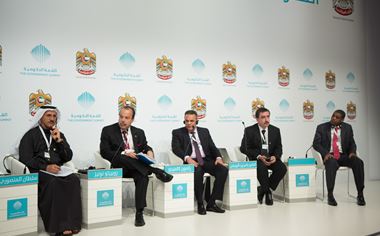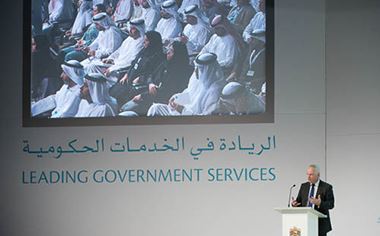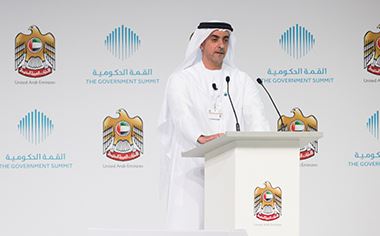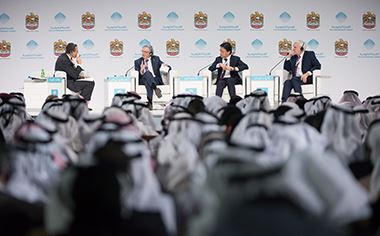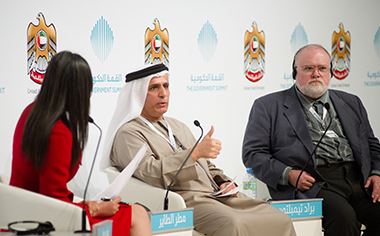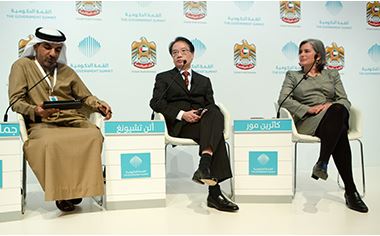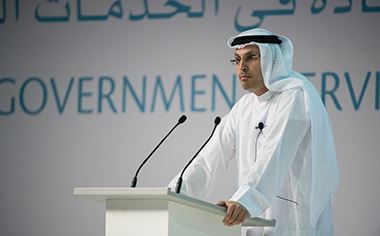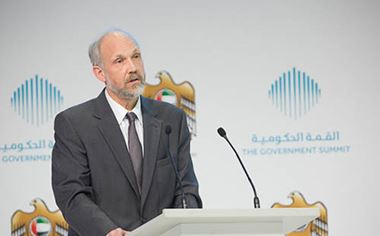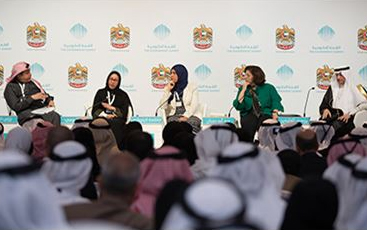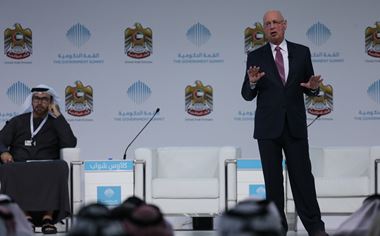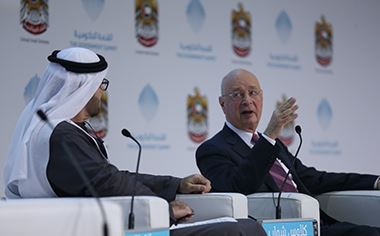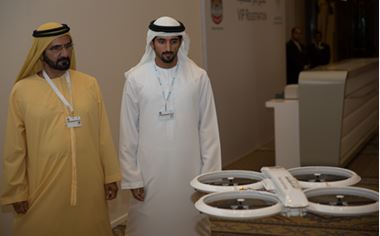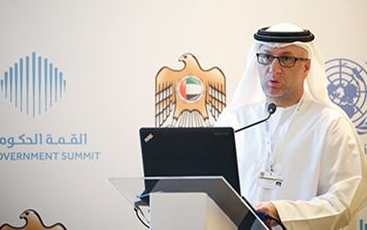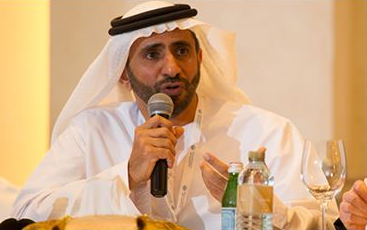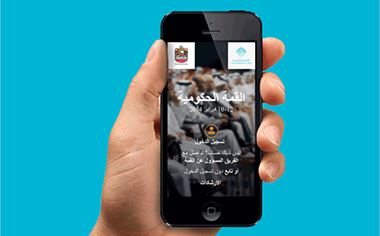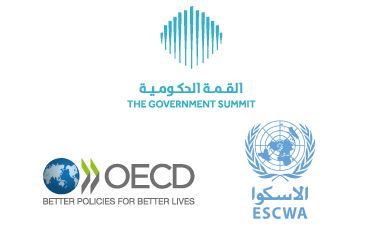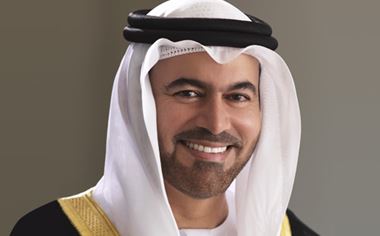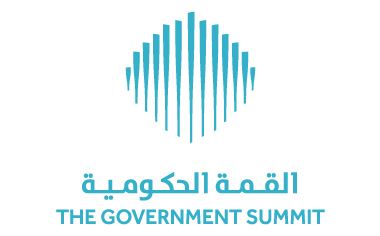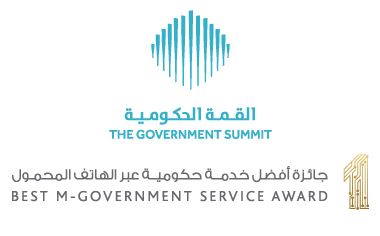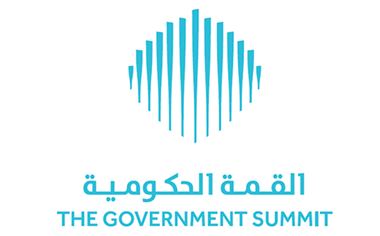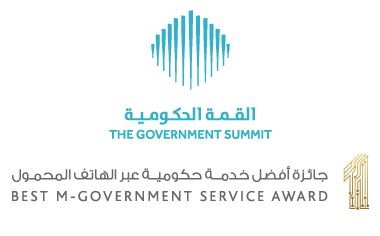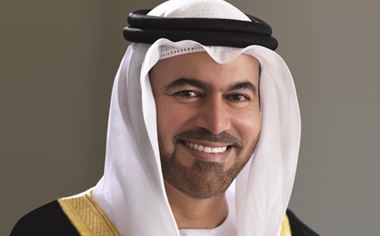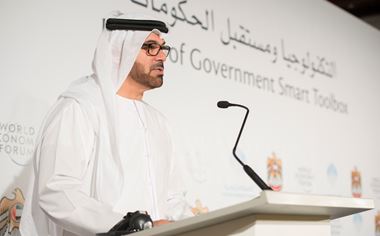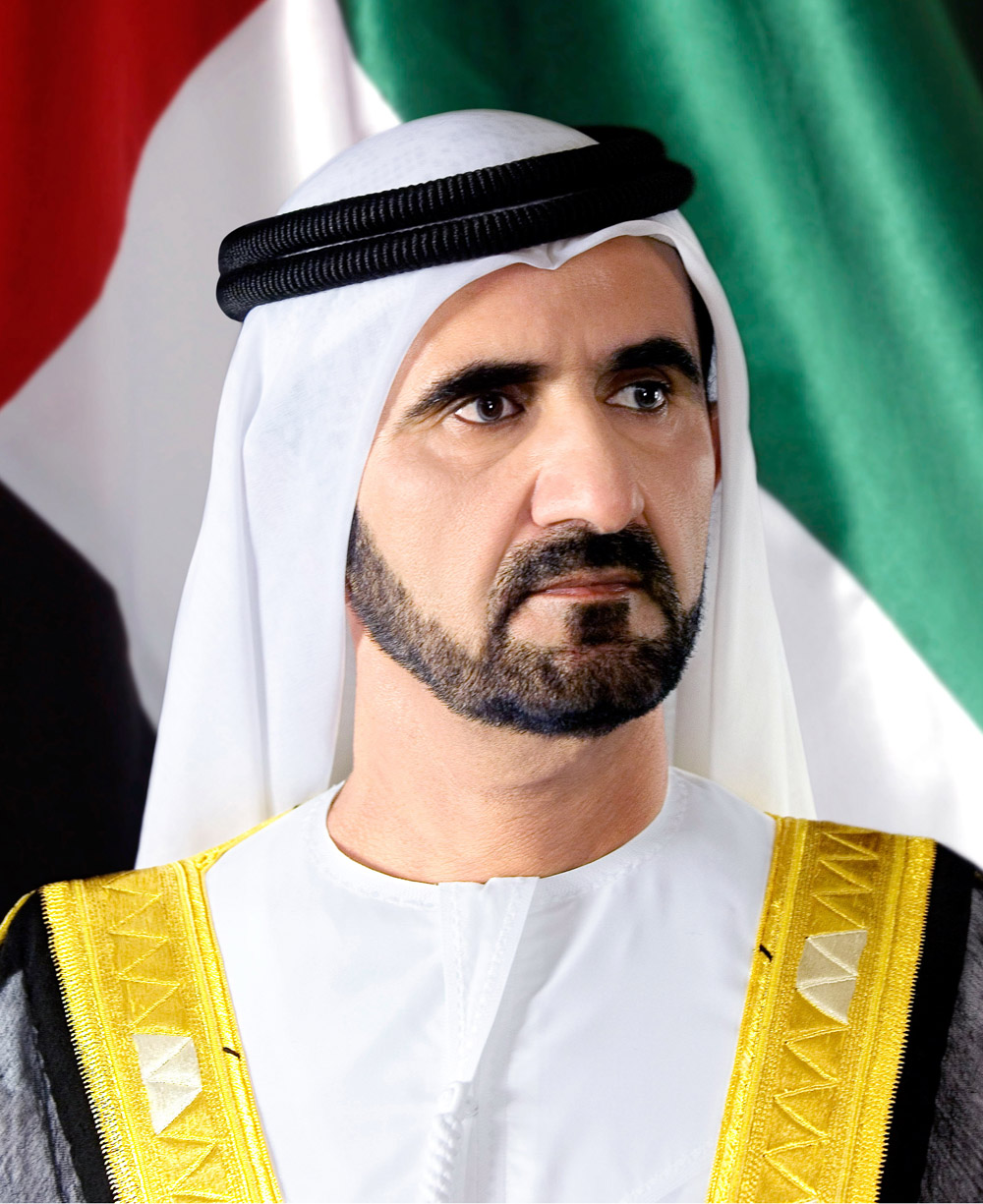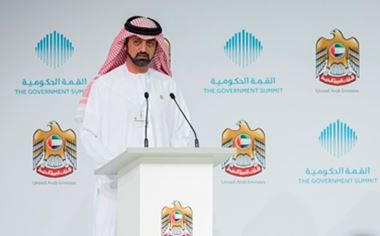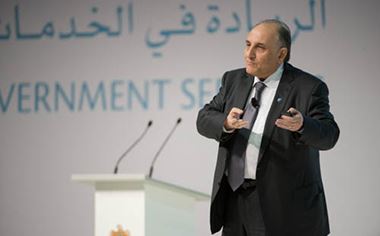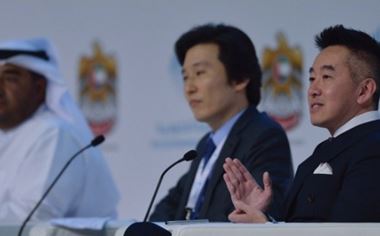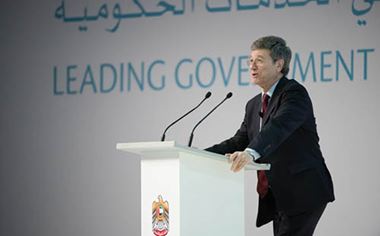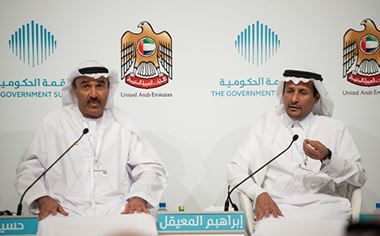Good governments vital for handling future challenges: oecd
William C. Danvers, Deputy Secretary-General of the OECD
A senior official in the Organisation for Economic Cooperation and Development (OECD) has called for creating balanced relations between governments and their people. Responding better to challenging needs of a country’s citizens requires a reinvention of the way public services are delivered through technological breakthrough, said His Excellency William C. Danvers, OECD’s deputy secretary-general.
He made these comments in an address at The Government Summit, and added that providing quality future services relies on good governance. “Good governments are vital for handling future challenges,” he said. HE said that the way services are delivered is becoming increasingly based on information and communications technology (ICT).
He noted that this is important because the quality of government services can impact a country’s social and economic development.
“Quality government services are one of the most precious assets that a country can have because they promote economic growth and social progress,” Danvers told Summit participants.
Governments need to think big in terms of technologically advanced services, he said. Governments all over the world are becoming more serious in meeting the expectations of their citizens
“Governments are not alone in this challenge… The quality of life and quality of delivery are intertwined,” he said.
He added that the challenge is great and that it cannot be addressed by one piecemeal pubic action.
For its part, the UAE is fast advancing in e-government and mobile government. This is in line with the statement of His Highness Sheikh Mohammad bin Rashid Al Maktoum, Vice-President and Prime Minister of the UAE, and Ruler of Dubai, that innovation is “not a goal, but a journey”
Praising the strides made by the UAE since its creation, the official said that the country has gone a long way in making the smart government a reality. In the UAE, he noted, bills can be paid via the telephone and government departments are accessible via Twitter. The UAE has achieved several accomplishments and remarkably improved the quality and services for its citizens, he added.
The changes in the manner public services are provided the general population underscores the importance of ICT. “ICT is providing citizens means to get involved in the design implementation and delivery of services.”
He added that it is important to have efficient systems to secure good services for the people, noting that the challenge is so uphill that governments cannot address on their own. According to him, the challenge requires developing and applying qualitative initiatives and the engagements of both the public and the civil society groups. The governments, he said, should think out of the box and have a “vision for the future”.
Governments in an increasing number of countries are endeavouring to make life easier for their people, citing the example of Denmark where mobile phone applications are used to give the public, mainly the physically disabled, access to a more comfortable service. The OECD official said that his organisation monitors ideal practices and encourages governments to be innovative enough to meet their people’s needs and strike a balance between maintaining security and protecting personal information.
Concluding, Danvers expressed OECD’s readiness to work closely with the UAE to boost its efforts in using innovative technology in serving the people.
